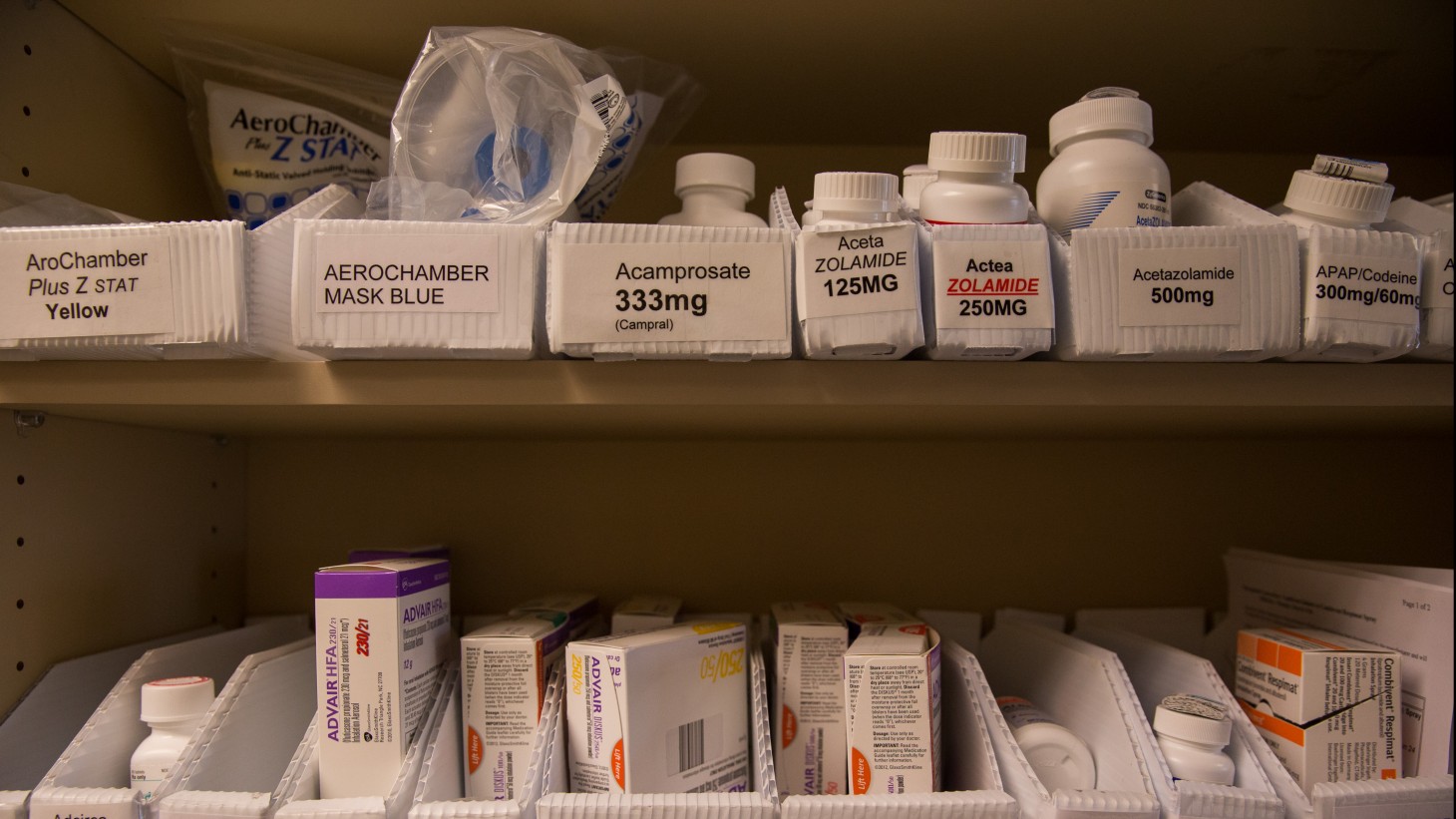Workforce of the Future
Going From 4 to 1 Shoots Team Up to 5

For this inpatient pharmacy team, getting to high performance required a hard, honest assessment
For San Jose Medical Center’s inpatient pharmacy, the road to becoming a high-performing team first required a step—actually a jump—backward.
When the unit-based team was launched in 2010, it quickly was rated at Level 4 on the Path to Performance, the scale for evaluating a team’s effectiveness. The highest level is 5.
“We took it seriously and followed the process,” says Anita Nguyen, inpatient pharmacy director.
Then, in 2012, Nguyen, along with the team’s management and union co-leads, met with UBT consultants to assess their team performance. As they ticked down the list of questions and started to contradict one another, it became painfully clear: They were not the high-performing team they had previously thought.
“As a team we couldn’t answer the questions,” Nguyen says. “It was embarrassing.”
They were knocked down to a Level 1—the most fundamental rating.
Today, the team is a true Level 5, a highly functioning team that recently completed a successful stockroom project to reduce how many drugs are wasted, which is saving more than $10,000 a year. The success is a direct result of opening the department’s budget to the team, which only came about after team members started speaking frankly with one another.
The team’s downgrading was a painful, humbling blow, but most members agree that the assessment was valuable in putting the team on track to do this work and to earning the highest performance rating.
“I was not aware of what a UBT could really do for staff and managers,” Nguyen says. “We recognized the failure and I said, ‘I need you. Let’s work together.’”
Transforming teams
Inpatient pharmacy was one of several teams that shared their transformation stories at an event in July at San Jose Medical Center for national Labor Management Partnership leaders. The meeting spotlighted the medical center’s innovative approach to evaluating UBTs and supporting them in delivering the best care possible to Kaiser Permanente members.
Every quarter, San Jose UBT union and management co-leads sit down with their union and management sponsors, and with UBT consultant Heather Williams and Union Partnership Representative Eric Abbott, who support UBTs for the service area. Together they compare the team’s development against the traits outlined in the Path to Performance, including communication among team members and the status of improvement projects. The group then develops a plan for closing gaps, removing barriers and advancing to the next level.
The power of the process is in asking the critical questions, says Joan Mah, the UBT consultant for the San Rafael Medical Center, which has adopted the assessment practice. “Can your team members talk about the metrics? Kinda, sorta? Well if they can’t, we need to connect them with the skills to learn how. The whole point of this is supporting and strengthening. It’s an honest conversation.”
The assessment requires time and commitment from all parties, but by many accounts it is well worth the investment. In addition to San Rafael, which is seeing teams transformed through the process, the approach is being piloted in the Diablo and the Central Valley service areas.
The leap forward
For San Jose inpatient pharmacy, as candid and rigorous as the evaluation process was, it was also invaluable.
“We had to talk about what we really wanted,” says union co-lead Gubatan, an SEIU-UHW steward. “We basically said, ‘Let’s be truthful now. Let’s really do the work.’ ”
The team dramatically improved communication, developed trust, and engaged its members in the journey toward improvement.
“Everyone is empowered to contribute to this process,” Nguyen says. “Before, nobody questioned. Now everyone is empowered to question. With that, people feel like they really belong to the process.”
